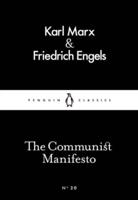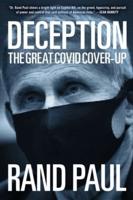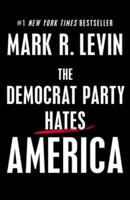Publisher's Synopsis
Albert Goldman (1897 - 1960) was an American Trotskyist and lawyer to the labor movement. Born Albert Verblen in Chicago, he studied at Medhill High School and then the University of Cincinnati. He also studied to be a rabbi at the Hebrew Union College. In 1919, working as a tailor, he joined the Industrial Workers of the World, then the newly formed Communist Party of America the following year. Goldman went on to study at the Northwestern University Law School, graduating in 1925, and by 1926 was working for the Communist International Labor Defense. A visit to the Soviet Union made him critical of the party, and he was expelled in 1933 for Trotskyism. He then worked primarily for the Trotskyist movement, representing the Minneapolis Teamsters strikers in 1934, and Trotsky during the Dewey Commission. In 1939, he moved to New York City and worked full time for the Socialist Workers Party (SWP). In 1941, Goldman merely acted as defense counsel for the SWP members accused of violating the Smith Act, but was jailed for sixteen months alongside them. While in prison, Goldman worked with Felix Morrow to develop criticisms of the SWP and Fourth International leaderships. They claimed that predictions of a revolutionary wave after World War II had been proved incorrect, and that Stalinism, far from being destroyed (as Trotsky had predicted) had been strengthened. They also became critical of the party's organizational structures. The pair were only able to convince a small minority of the party of their positions, although this included key figures including Jean Van Heijenoort and James T. Farrell. In 1945, Goldman and Morrow proposed that the SWP should reunite with Max Shachtman's Workers Party, which had split from the SWP in 1940. Negotiations were taken up, but soon faltered, and Goldman left to join the Workers Party in 1946. Within the Workers Party, Goldman and Farrell worked closely. In 1948, they developed criticisms of its policies, claiming that the party should support the Marshall Plan and also Norman Thomas' presidential candidacy. Having come to believe that only capitalism could defeat Stalinism, they left, to join the Socialist Party of America.









